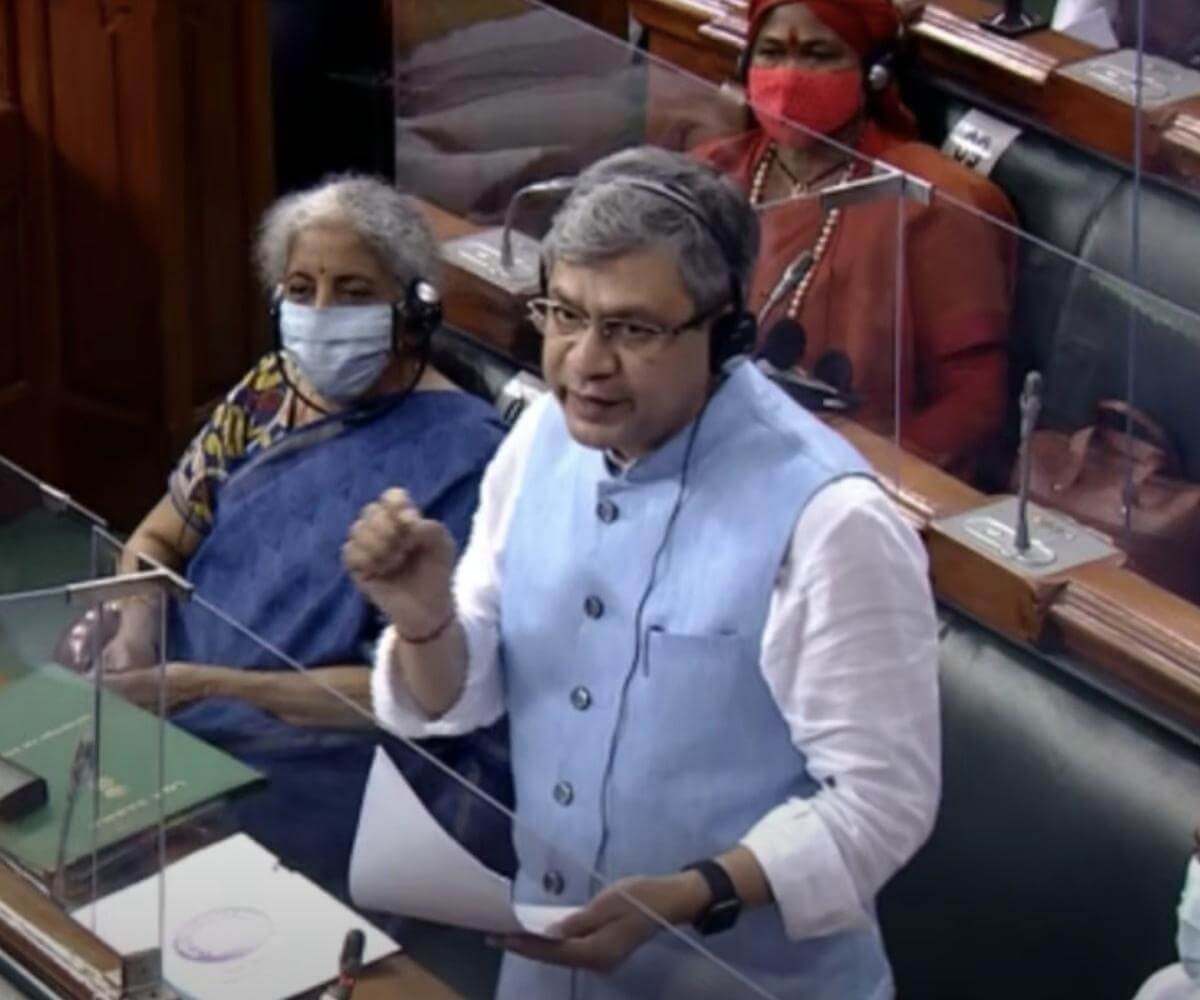The Indian government has denied the findings of the Pegasus investigation, which claimed that the Israeli spy software Pegasus targeted several politicians, journalists, activists, and high-profile names, including opposition leader Rahul Gandhi.
On Monday, the Minister of Home Affairs, Amit Shah, said, “Disruptors and obstructers will not be able to derail India’s development trajectory through their conspiracies.” He said the release merely attempted to “humiliate India and the world stage [and] peddle the same old narratives about our nation.”
Likewise, Information Technology Minister Ashwini Vaishnaw, who also features on the list of victims of the spyware, said that the allegations of “snooping” were merely an attempt to “malign the Indian democracy and a well-established institution.” He added that the fact that the report was published just a day before the commencement of the Monsoon Session of the Parliament made its content suspicious. In addition, he claimed that the release has “no factual basis.”
On Sunday, the French non-profit organisation Forbidden Stories and Amnesty International published data to substantiate a collaborative investigation called the Pegasus Project. Pegasus is a spy software created by an Israeli surveillance firm called the NSO group, and uses malware links to target a user’s device. Once the link is opened, the surveillance spyware is installed on the phone. Following this, the spyware sends private data, including passwords, contact lists, text messages, and live voice calls, to the operator’s command and control.
Among those targeted by the virus are opposition leaders Rahul Gandhi, Abhishek Banerjee, Alankar Sawai, and Sachin Rao. In addition, certain members of the Indian cabinet, including the IT Minister Vaishnaw and Union Minister of State for Jal Shakti Prahlad Singh Patel, were also selected for surveillance. The list also includes several political influencers such as election strategist Prashant Kishor, who helped West Bengal Chief Minister (CM) Mamata Banerjee and Delhi CM Arvind Kejriwal defeat the ruling Bharatiya Janata Party (BJP) in assembly elections over the past two years. Moreover, several hacks have been confirmed by forensic analyses of the phones, making commentators wary about the extent of the surveillance.
Consequently, opposition leaders have raised concerns about the report. Congress leader Rahul Gandhi said, “Targeted surveillance of the type you describe, whether in regard to me, other leaders of the opposition or indeed any law-abiding citizen of India is illegal and deplorable.” He added, “If your information is correct, the scale and nature of surveillance you describe goes beyond an attack on the privacy of individuals. It is an attack on the democratic foundations of our country. It must be thoroughly investigated and those responsible be identified and punished.”
Soon after the report was made accessible to the public, the Ministry of Electronics and Information and Technology published a statement saying: “The allegations regarding government surveillance on specific people have no concrete basis or truth associated with it whatsoever. Similar claims were made regarding the use of Pegasus on WhatsApp by the Indian State in the past. Those reports also had no factual basis and were categorically denied by all parties, including WhatsApp in the Indian Supreme Court.” The statement mentioned that the government was committed to protecting personal data and was willing to address any queries about the issue.
In the past, too, Indian authorities have evaded the question of whether it uses the Pegasus software. In 2019, WhatsApp admitted that 1,400 of its users, including several Indians, had been targeted by the spyware. At the time, the erstwhile law minister, Ravi Shankar Prasad, avoided the question on several occasions and claimed that there had been no “authorised surveillance” in India. Nevertheless, concerns continue to be raised about the government’s role in the surveillance, with Indians growing increasingly wary about their data privacy.
Indian Government Says Pegasus Report Attempt to Malign India
Despite several politicians and high-profile names being alleged targets of the Pegasus spyware, the Indian IT Minister said that the report is an attempt to “malign the Indian democracy.”
July 20, 2021

SOURCE: THE NEWS MINUTE
